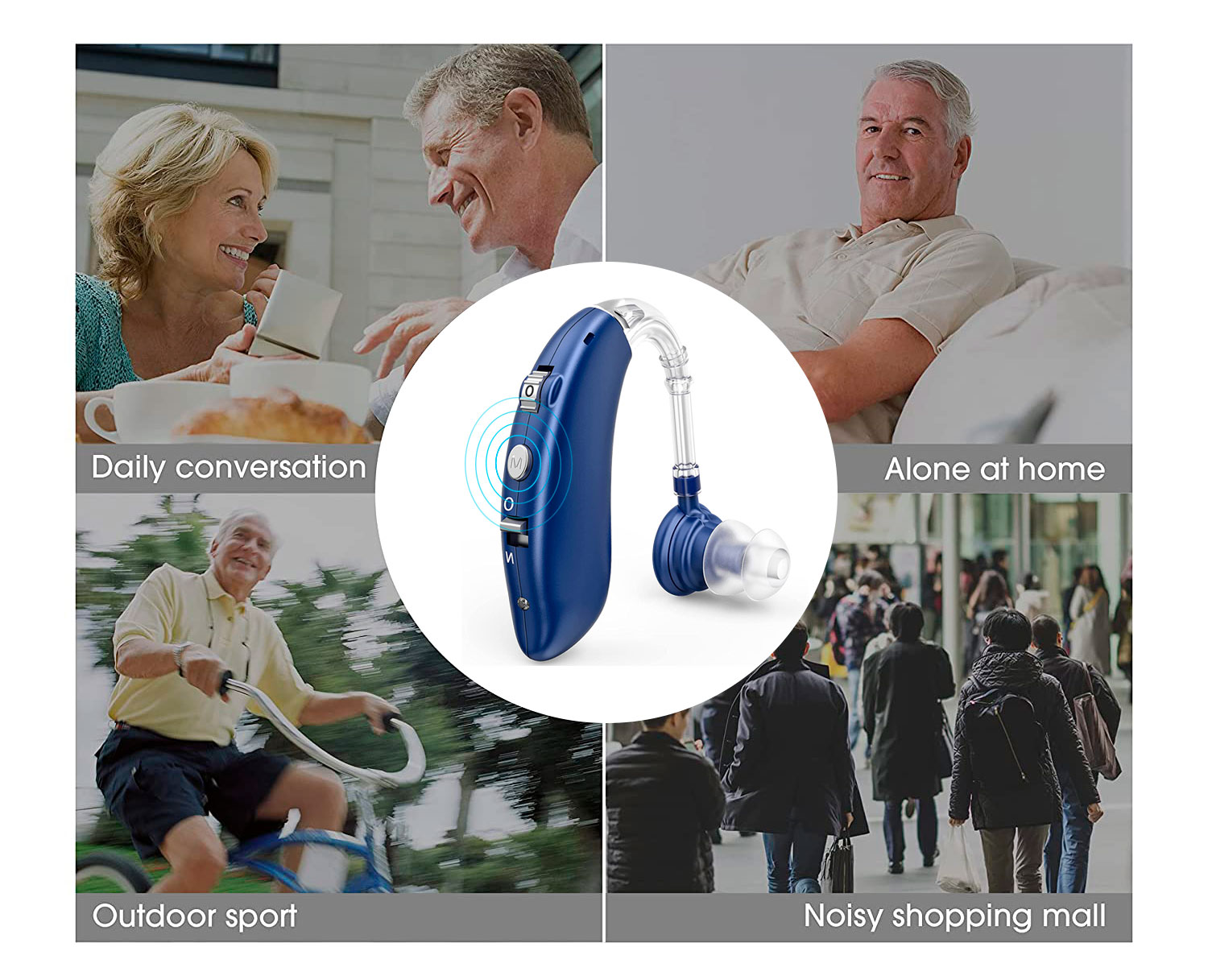As we age, our bodies naturally undergo various changes, and one of the most common issues that many individuals face is hearing loss. Studies have shown that hearing loss and age are closely linked, with the likelihood of experiencing hearing difficulties increasing as we get older.
Age-related hearing loss, also known as presbycusis, is a gradual and irreversible condition that affects millions of people worldwide. It occurs due to the natural aging process, whereby the tiny hair cells in our inner ear become damaged or die over time. These hair cells are responsible for translating sound vibrations into electrical signals that can be understood by the brain. When they become damaged, the signals are not transmitted effectively, resulting in a reduction in our ability to hear and understand sounds.
Although age-related hearing loss can affect individuals differently, it typically begins with difficulty hearing high-frequency sounds such as doorbells, bird songs, or consonants like "s" and "th." This can lead to communication problems, as speech comprehension becomes more challenging, especially in noisy environments. Over time, the condition might progress, affecting a wider range of frequencies and potentially leading to social isolation, frustration, and a decreased quality of life.
Interestingly, age-related hearing loss is not exclusively related to changes in the ear. Several factors can contribute to its development, including genetics, exposure to loud noises throughout one's life, certain medical conditions such as diabetes and heart disease, and even certain medications. However, the primary factor remains the natural degenerative process associated with aging.
While age-related hearing loss may be a natural part of growing older, it doesn't mean that we should simply accept its consequences. Fortunately, advances in technology have provided us with several options to cope with this condition. Hearing aids and cochlear implants are two popular solutions that can significantly improve an individual's ability to hear and communicate effectively.
Additionally, preventative measures such as avoiding loud noises, protecting our ears in noisy environments, and regular hearing check-ups can help to identify any issues early on and potentially slow down the progression of hearing loss.
In conclusion, the relationship between hearing loss and age is undeniable. As we age, the likelihood of experiencing age-related hearing loss increases. However, with proper awareness, early detection, and the utilization of modern assistive devices, we can adapt and overcome the challenges associated with hearing loss, enabling us to maintain a high quality of life and stay connected to the world of sound.

Post time: 八-15-2023


